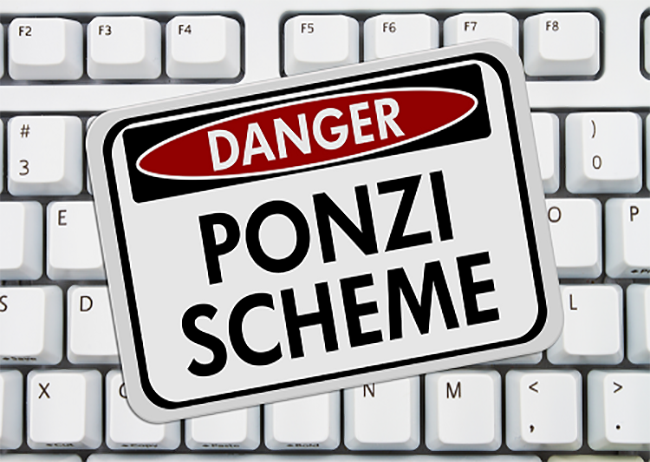Blog

Lawyer Disbarred for Role in Concealing Ponzi Scheme
/ 20.May, 2014In 2008, New Jersey attorney Matthew A. Marino, pleaded guilty for his role in concealing a Ponzi scheme from investors in the Bayou Group hedge fund. On May 16, he was disbarred by the New Jersey Supreme Court. Marino’s brother Daniel, an accountant, was the accountant for Samuel Israel, III and James G. Marquez, the organizers/masterminds of the scheme. In 1999, in furtherance of their scheme, Daniel created a fictional accounting firm, “Richmond-Fairfield Associates” (RFA) and created false financial reports from RFA. Eventually Marquez left the scheme, and Daniel became the chief financial officer of Bayou.
Daniel brought Marino, who was living in North Carolina, into the scheme in 2002. Marino was brought into the scheme to open a North Carolina office of Bayou. Daniel eventually gave Marino responsibility for performing RFA’s administrative tasks. Daniel also asked Marino to change a figure in a 2004 “audit” by RFA of Bayou, which Marino did. Marino was aware a fraud was being perpetrated by January 2005, and did not report it. Marino drafted fake sales agreement documents for RFA to attempt to conceal the fraud.
All told, 392 investors contributed over $500 million to the various funds, and $309 million was lost by 288 of the investors. Marino earned $600,000 during his employment with Bayou. When pleading guilty, Marino admitted he participated in the administration of the fraudulent accounting firm at the heart of the scheme, concealed the firm’s true financial condition from Israel’s wife, and revised the “audit” as requested by Daniel.
The New Jersey Office of Attorney Ethics recommended an eighteen-month suspension. The Disciplinary Review Board rejected the finding of the Office of Attorney Ethics that Marino was a “passive participant” in the Bayou scheme. The Disciplinary Review Board found that unlike the respondents in the other cases cited by the Office of Attorney Ethics in support of their recommendation, Marino “derived a huge financial benefit from the fraud.” The Disciplinary Review Board recommended a two-year prospective suspension, with two board members recommending disbarment. Without further explanation, the New Jersey Supreme Court rejected the recommendation of the Disciplinary Review Board, and disbarred Marino. Marino was also disbarred in North Carolina and New York.
We have previously noted, multiple times, the ubiquity of attorney involvement in Ponzi Schemes. Attorneys must remain vigilant of the conduct of those they do business with. Association with Ponzi schemes and schemers can, and often does, lead to disciplinary actions and criminal charges. As the Marino case shows, disciplinary authorities do not take these matters lightly.
–Josh J.T. Byrne, Esquire

Comments